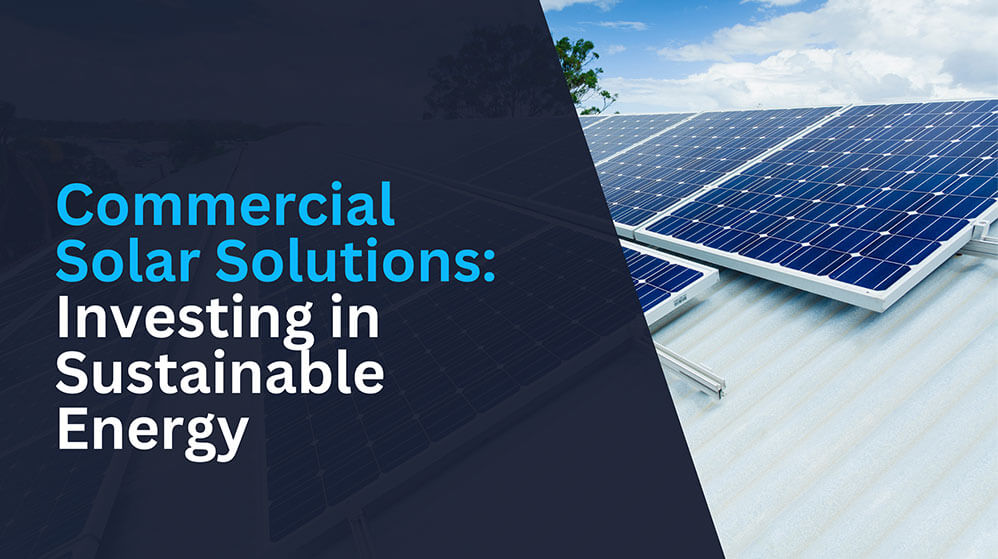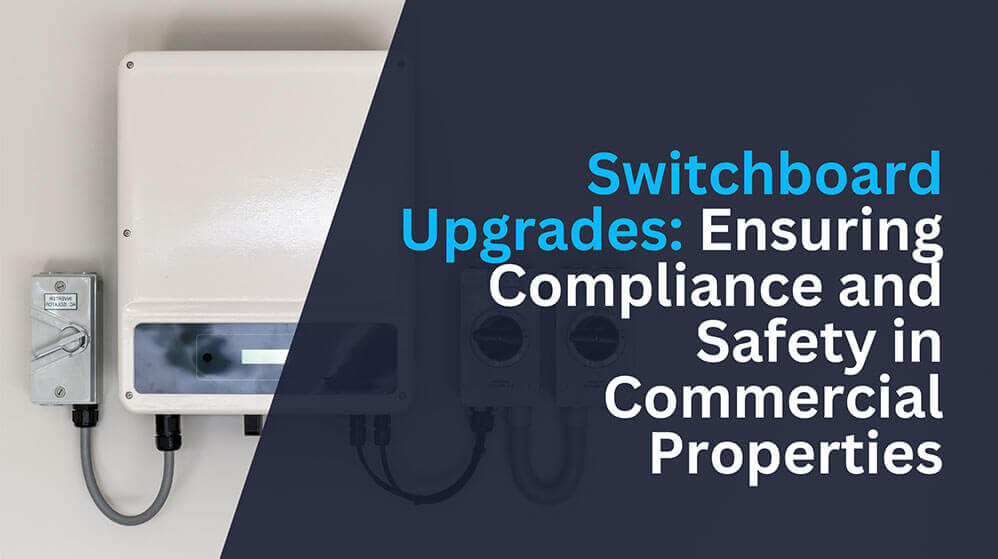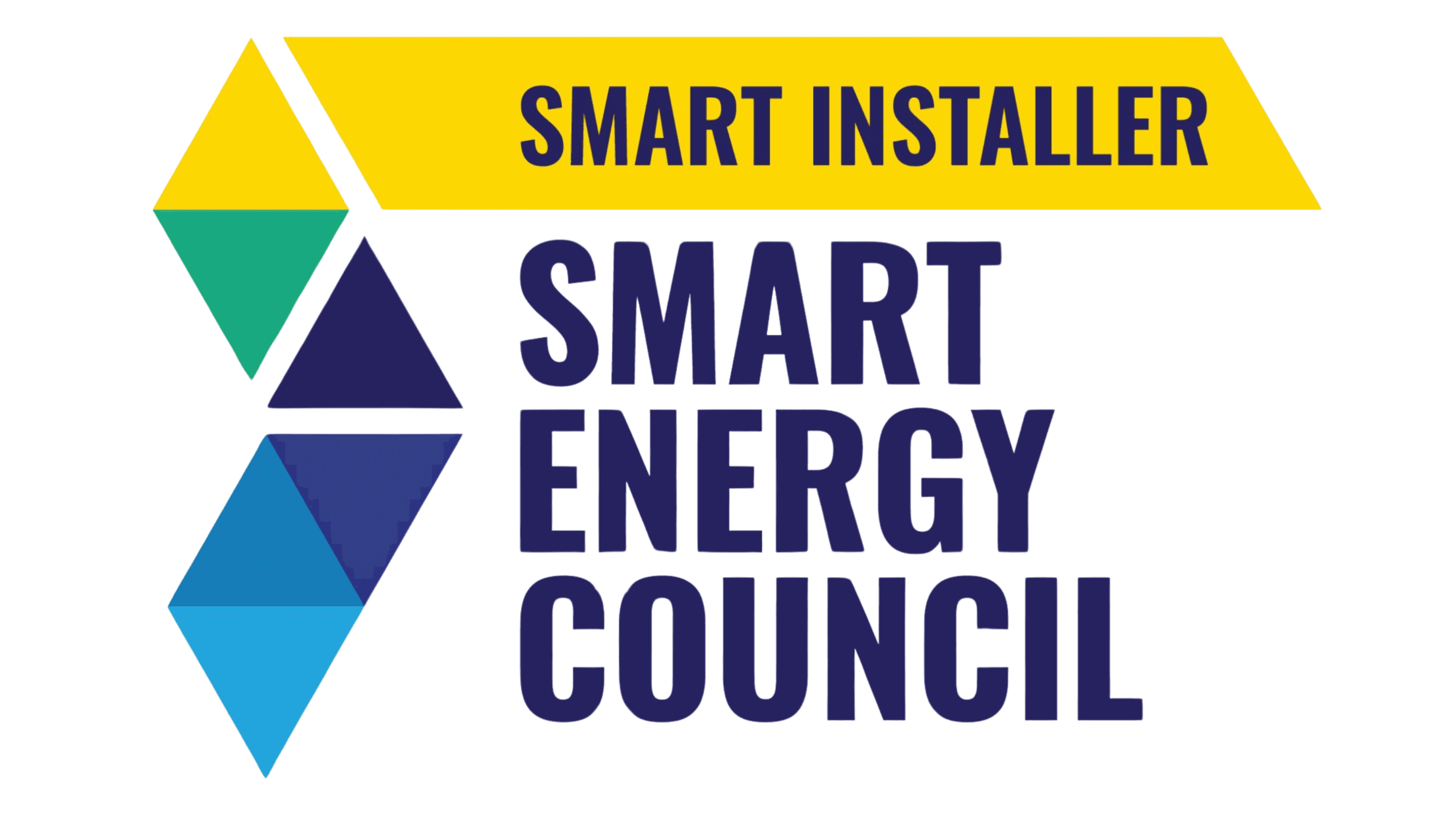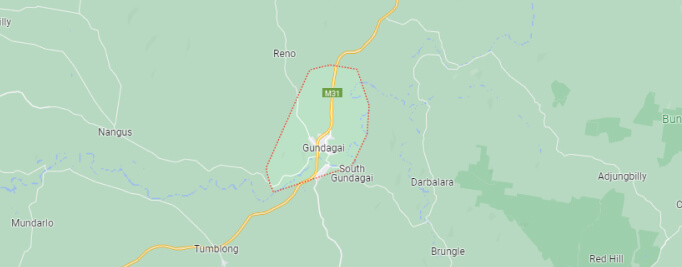What Is An Off Grid Solar System?
An off grid solar system is a type of solar system that generates electricity from sunlight without being attached to any larger power grid or utility provider and is generating electricity solely for a single residential home or business. Off grid solar systems can be installed almost anywhere, leave nearly no carbon footprint, and gives a property owner an incredible degree of control and clarity over their electricity usage and how much it is costing them.
If you’re looking for a new way to get electricity to your property, are living on a rural property and need your own power source, or just want to reduce your energy bill, then joining the solar revolution may be the right choice for you.
How Does Solar Energy Work?
Off grid solar energy works by using solar panels, flat surfaces typically made of silicon solar cells contained in a glass structure with a metal frame, installed into a commercial or residential property to absorb heat and UV rays generated by sunlight. When sunlight hits the silicon cells, electrons within the cells start to shake free and move around, creating a charge of electricity as a direct current, or DC, which is then converted into an alternating current, or AC, by a solar inverter. AC is the type of electricity that is used in household appliances and plug points.
How Does An Off Grid Solar System Work?
Off grid solar systems work through the same process that regular solar energy uses, except with an off grid solar system, the electricity generated is then stored into a battery that is independent and completely separate from any power grid or other source of energy storage. By using a solar battery, the energy generated can be accessible more regularly, giving a home power even during the night or on cloudy days.
This also means that a house that is supported by an offgrid solar system may not have any electricity if the solar grid goes down, or if weather conditions are affecting sunlight and there is no power stored in the battery.
How Many Solar Panels Are Needed To Run Off Grid?
How many solar panels a property running a solar system off-grid will need changes depending on the size of the building, the size of the panels, and the average amount of energy the premises are using, but typically 10 to 20 panels should be enough to provide electricity to a house or business.
Battery problems? Need help with your panels? Get in touch with us today.
Advantages of Off Grid Solar Systems
Off grid solar systems are one of the few ways a property owner can make their electrical needs completely independent, and use power that is almost completely ecologically and environmentally friendly. The advantages of living on an off grid solar system include:
- Complete Self-Sufficiency: A properly installed off grid solar system allows a property owner to enjoy complete independence, never having to rely on utility companies and being influenced by a power grid that may not be running properly due to extreme weather conditions like hurricanes. Self-sufficiency also means that the offgrid system has absolute security against power outages and blackouts, which can be vital if the electricity is supporting important equipment like freezers or medical devices.
- Can Be Installed Everywhere: Off grid solar systems are fantastic for remote locations and areas away from major cities or population hubs. As off-grid solar power doesn’t need any support, the solar panels can be installed anywhere the sun can reach them, enabling constant energy generation for even the most remote locations or underdeveloped communities.
- Severely Cuts Down Power Bill: As off grid solar energy is not connected to any major power grid. Power costs of an off grid solar system are also predictable and constant, as well as being in the property owner’s control. Comparatively, relying on a power grid for electricity can leave you exposed to a utility company’s demands as well as constantly fluctuating costs of electricity that are near impossible to predict and may end up taking a sizable amount of your yearly budget.
- Intensely Eco-Friendly: Like any form of solar energy, off grid solar is renewable, with some brands made from recyclable materials, and generates no gas, oil or carbon emissions when used. Additionally, as off-grid solar is separate from any other power supply, you are not supporting environmentally unsafe practices and are encouraging greater energy efficiency in your lifestyle.
Disadvantages of Off Grid Solar Systems
Using an Off grid solar system means that a property may not be supported by a main power grid that can be used as a backup or as a support for the properties general electricity. Depending completely on solar energy can also carry other disadvantages. These disadvantages include:
- Vulnerability to Rain and Clouds: To function properly, an off grid solar system requires the panels to be receiving a consistent amount of sunlight to convert the heat and light into energy. With excessive rain or cloudy weather, the panels will not be able to create enough power and as an off grid system is not connected to any other grid, this may result in a complete lack of power if there is no suitable backup power source.
- High Installation Cost: An off grid solar installation costs more than a typical solar system installation due to the additional cost of the solar battery needed for energy storage, which can increase the price of installation by 30-40%. However, there may be rebates or subsidies available to you if you are installing a solar system on your property. Be sure to check if you are eligible, or consult with an experienced professional to learn more.
- Less Energy Overall: As offgrid solar systems do not rely on a grid or any other form of power support, the system will not produce as much electricity as a grid might. This will result in less electricity generated overall and may require certain lifestyle changes, or planning for what devices take priority in terms of what is most important to the property and what needs the most power to function, and how necessary that function is.
- Battery Dependent: Off grid solar relies on not just the solar system but a separate solar battery. This battery has its own disadvantages, as not only is the battery expensive, but it can be bulky and heavy to deal with, can be unsafe if improperly installed and the storage amount is limited.
How Long Does an Off Grid Solar System Last?
An off grid solar system typically lasts for 10 to 20 years, depending on the condition of the solar panels, how regularly they are serviced, and how long the solar batteries last for. To get the most out of a solar panel’s longevity, it is vital to regularly clean the panels and check for any issues that could reduce electricity generation. Booking a regular maintenance check with a trusted electrician can greatly extend the lifespan of your solar panels.
The lifespan of a battery can be increased by choosing the right type of battery, placing it in the proper storage conditions, and using it only when it’s necessary, such as by ensuring the battery is only used when the panels cannot generate any power.
Is Off Grid Better Than On-Grid?
Whether off grid solar is better than on-grid solar depends on location, lifestyle, energy needs, and personal preferences. Off-grid solar systems are a better choice of renewable energy for home or business owners who would like to be self-sufficient and pay less for their energy bill, or for rural properties that do not have a reliable or functional energy grid they can use on a regular basis.








